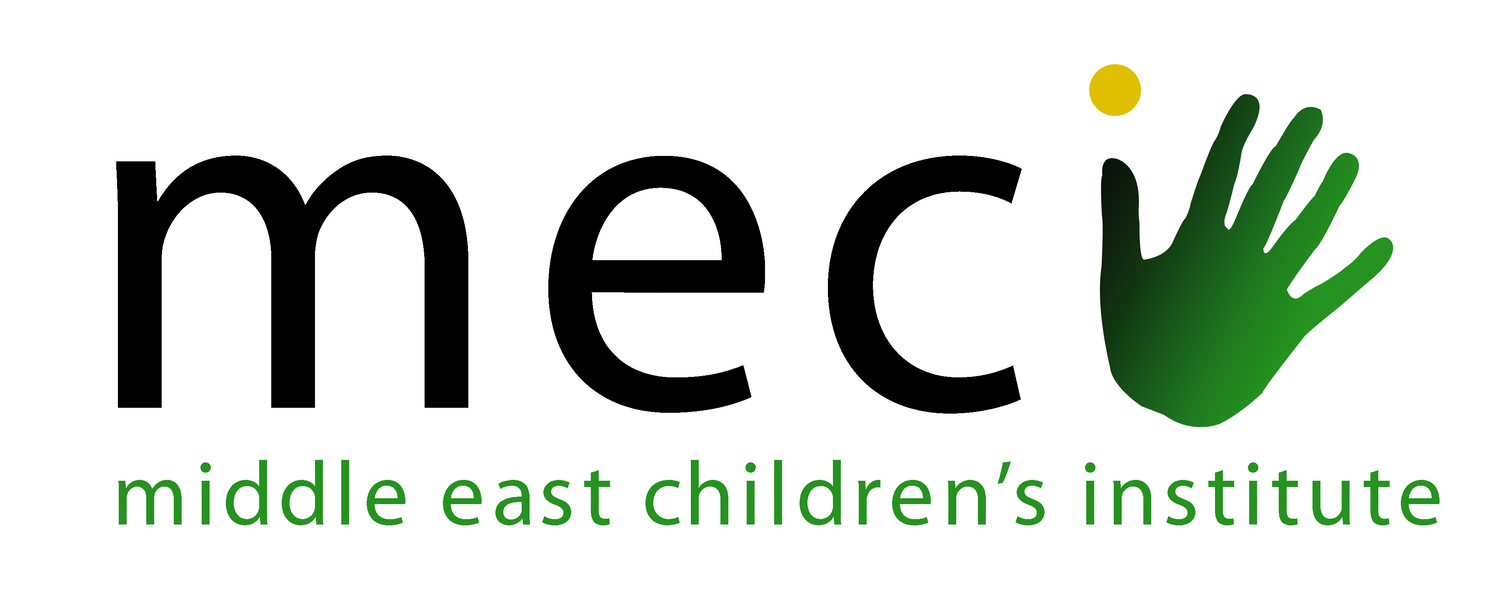Young adults are a segment of the population that can be particularly scarred by conflict. Without access to education, they can easily lose track of their future, be marginalized and dragged into a vicious cycle of poverty and hopelessness. Now, post COVID, elementary school drop outs are emerging as a crisis population - very young children at risk of missing the first years of education and a lifetime of educational exclusion.
First launched in 2014, MECI’s latest Non-Formal Education (NFE) program round was launched in 2018, to target high-school adolescents in Jordan who have had to drop out of school.
After years spent away from school, this intervention re-engages young adults, allowing them to pursue their academic journey while healing from trauma.
Any teenager who has spent a minimum of three academic years out of school is eligible to participate in the program. Students are enrolled for a minimum of two cycles (16 months), after which they graduate. Following graduation, they can either continue their academic education (homeschooling) or enroll in accredited Vocational Training Centers, providing them with the technical training and skills needed to pursue employment in careers such as carpentry, electricity and plumbing. If they opt for the academic path, they enroll through another NFE stream allowing them to then take the official grade 12 exams in order to pursue higher education opportunities.
By developing and implementing curricula that combine academic tracks with psychosocial healing programs, MECI gives young adults the opportunity to take back control of their lives and broaden their prospects. The program also focuses on youth-led community engagement activities, reinforcing teenagers’ sense of belonging and encouraging them to play an active role in rebuilding their community.



